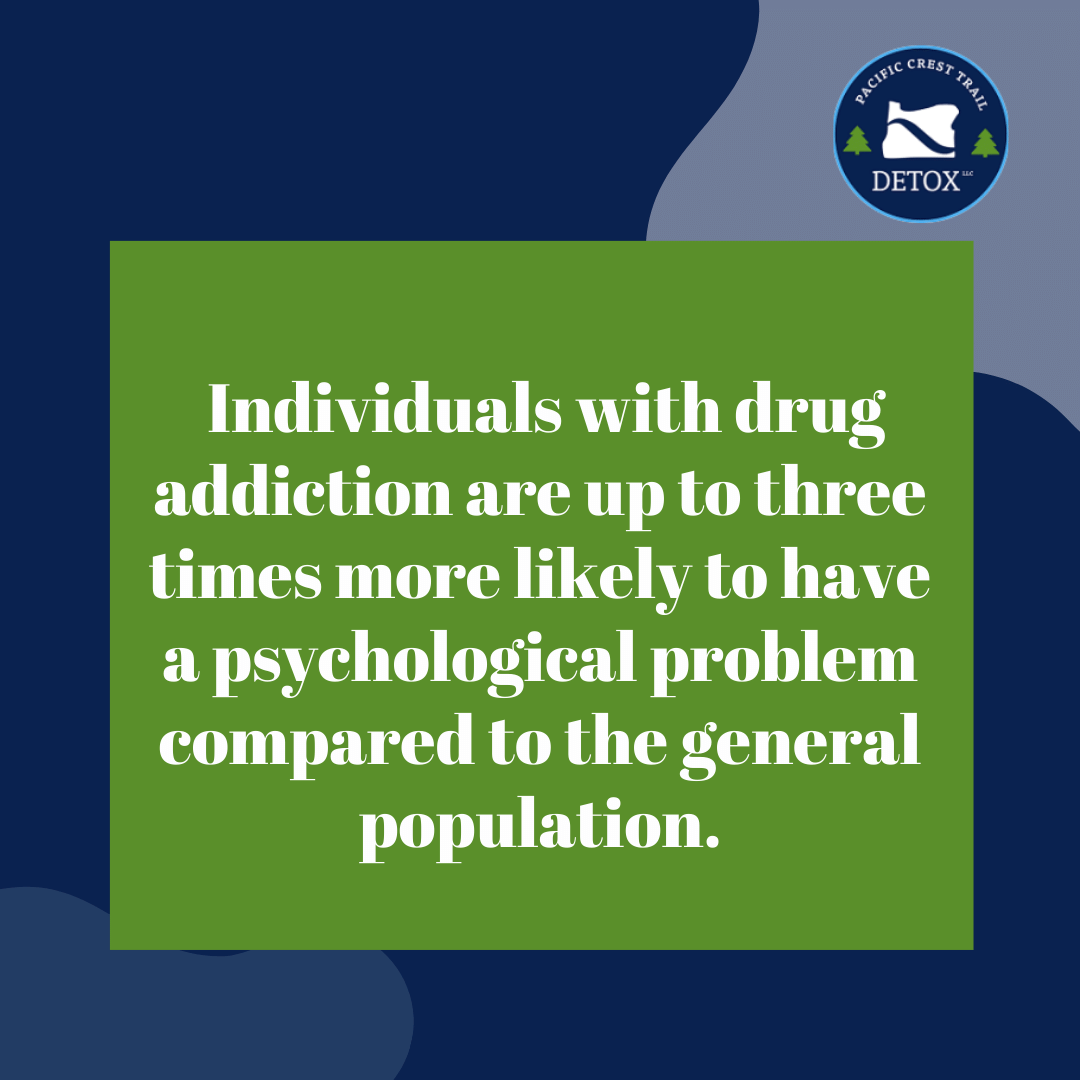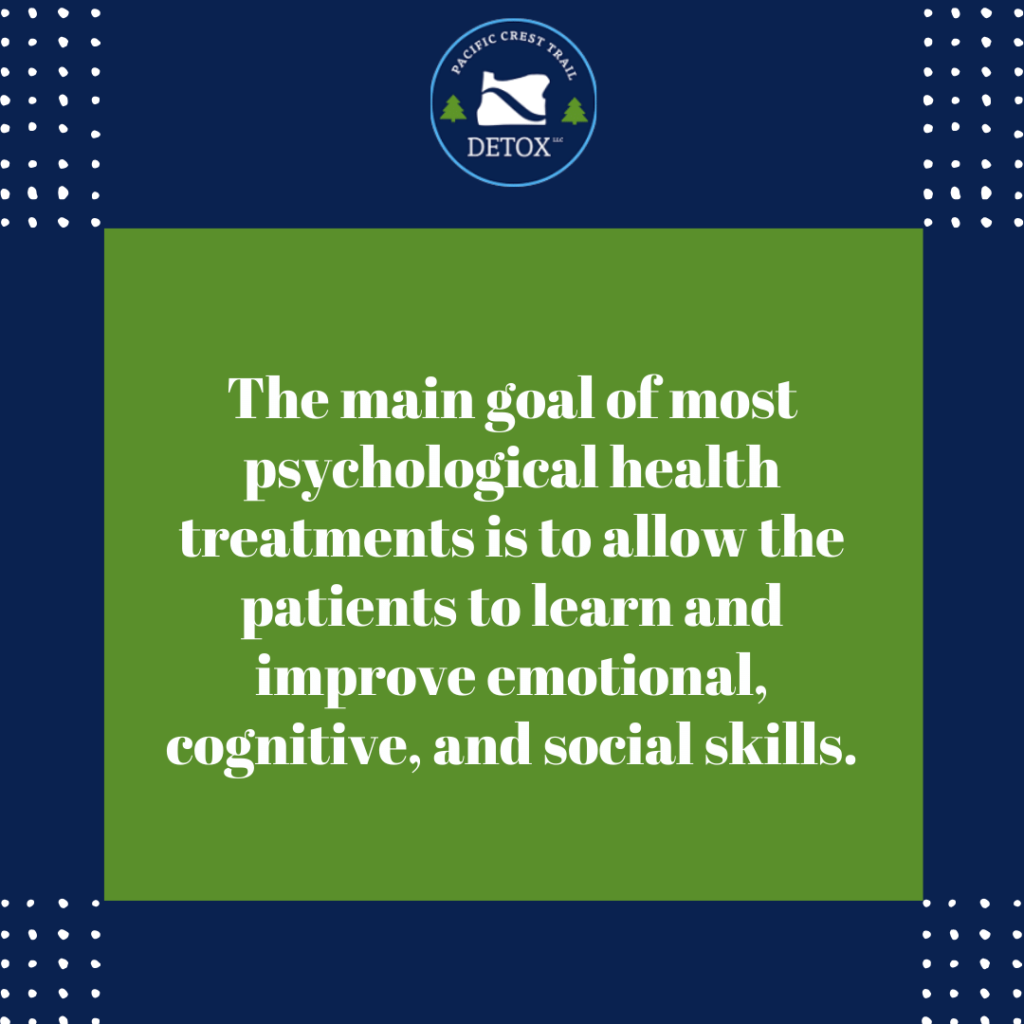The relationship between mental health illness and addiction may complicate an individual’s journey to recovery. People dealing with psychological issues, such as depression, trauma, or personality disorders, may unknowingly resort to drugs as a coping mechanism.
This process could lead to substance abuse and worsen pre-existing mental health conditions, causing a vicious cycle that is hard to overcome.
If you or someone you know is going through rehabilitation treatment, it is crucial to also understand the significance of addressing your psychological well-being
According to the Centre for Addiction and Mental Health, individuals with drug addiction are up to three times more likely to have a psychological problem compared to the general population. Your mental and emotional well-being is just as vital as the rehabilitation process itself. By addressing these underlying issues, individuals are better equipped to overcome their addiction and achieve long-term results.
Continue reading to learn more about strategies in managing mental health issues while undergoing rehabilitation.

Understanding Dual Diagnosis
A dual diagnosis, also known as co-occurring disorder, refers to the presence of both mental health illness and addiction whether in drugs or alcohol, in an individual. This is prevalent among those in rehabilitation because many patients are also with substance use abuse or vice versa. The reasons for this to happen might be due to genetics or environment.
Challenges in Managing Mental Health
You need to understand that the road to recovery is not an easy journey. You might encounter complex emotions, such as anxiety, depression, or frustration, which can affect your concentration and commitment to the rehabilitation process.
Another common issue is isolation. Separation from familiar environments and relationships may lead to loneliness and hinder you from active participation in support groups.
That is why practicing healthy habits and entering rehab is essential. It takes time so you need patience. You might want to recover as fast as possible, but being impatient would only prolong the process. In achieving long-term outcomes, one must appreciate every step.

Therapeutic Approaches
Psychosocial interventions could help someone like you struggling with mental problems and addiction to improve health by undergoing treatments. There are various therapy options to choose from. This includes cognitive-behavioral therapy, family-focused therapy, exposure therapy, interpersonal therapy, dual diagnosis integrated therapy, assertive community treatment (ACT), and dialectical behavior therapy (DBT). The main goal of these approaches is to develop better coping skills and address your problems head-on.
Self-care Strategies
Taking care of your mental health is as necessary as improving your physical being during rehab. This could result in a more manageable and fulfilling recovery. To further help you, we have summarized below some practical self-care tips to maintain mental well-being.
- Create and follow daily schedule
- Get some exercise and do meditation
- Eat healthy meals everyday
- Stay connected with your friends and loved ones
- Keep track of the rehabilitation progress
- Practice self-compassion
- Establish a consistent sleeping time
Support Systems
You are not alone in the battle to achieve a lasting recovery. Support systems exist to provide struggling patients a safe and encouraging space to express thoughts and feelings. This network of people is more commonly classified into two types, namely Personal Support Group and Recovery Support System.
Personal Support Group may include family members, friends, and co-workers – that you can rely on emotional and practical help.
Recovery Support Network is designed based on your mental condition and addiction. This method is under a treatment program with online and face-to-face support groups from the healthcare facility.
A support system can play a crucial role in helping individuals maintain healthy living during recovery from substance use disorders and beyond. Being in rehabilitation could often feel isolating, which can strain relationships with family and friends.
However, connecting with others who are going through a similar experience can help individuals define a new chapter in their lives and repair any relationships that may have been damaged by past substance use.

Staying Engaged in Treatment
Mental health is a crucial factor in determining the long-term success of rehabilitation. This aspect influences the overall quality of your emotions, psychological, and social well-being. A good mental condition may help you regulate different kinds of feelings, such as stress, during the recovery process.
The main goal of most psychological health treatments is to allow the patients to learn and improve emotional, cognitive, and social skills. Through these, you would be able to cope better with everyday challenges at school, work, or at home.
According to studies, treatment for mental health issues is effective in helping individuals manage their illness, deal with different life situations, and live fulfilling days.
Here are some of the benefits of undergoing mental treatments during recovery:
- Approaching mental health issues in a holistic way
- Strengthening your support network
- Giving you an avenue for learning new coping and behavioral skills
- Improving your mental and emotional wellness
- Learning sustainable healthy habits

Conclusion
In undergoing a rehabilitation program, long-term recovery demands better mental health. Your psychological condition is a vital component of your overall well-being.
Embrace the journey by understanding and learning the facts about your situation. Different therapeutic approaches are available to treat mental issues.
Remember to also include practical self-care techniques in the recovery process. A strong support network contributes to making you cope with everyday challenges.
Know that you are not alone in this recovery journey. You can always seek help from Pacific Crest Trail Detox. We offer holistic and personalized treatment for those dealing with substance use disorders.
Begin now the path to recovery and regain control of your life.
